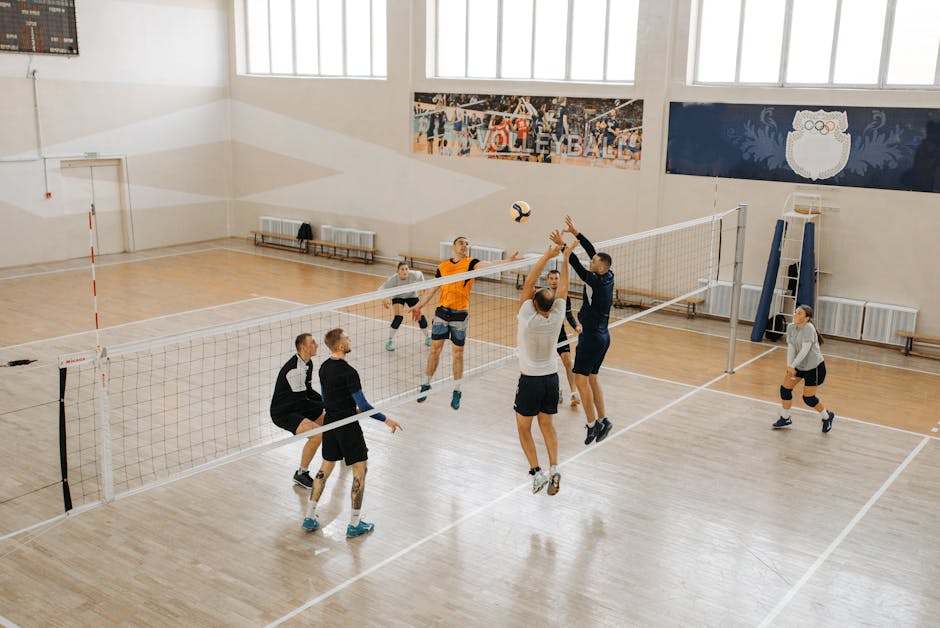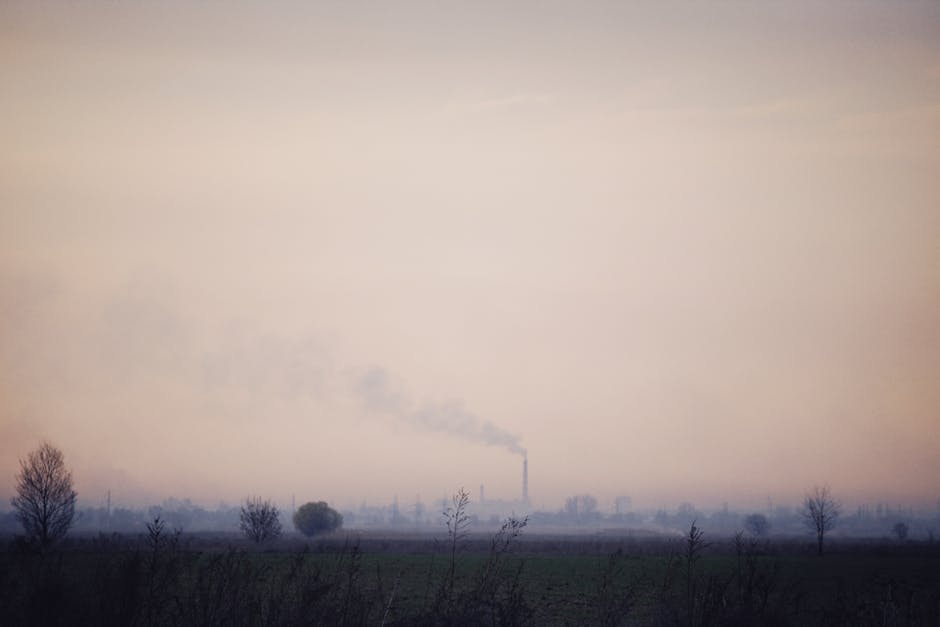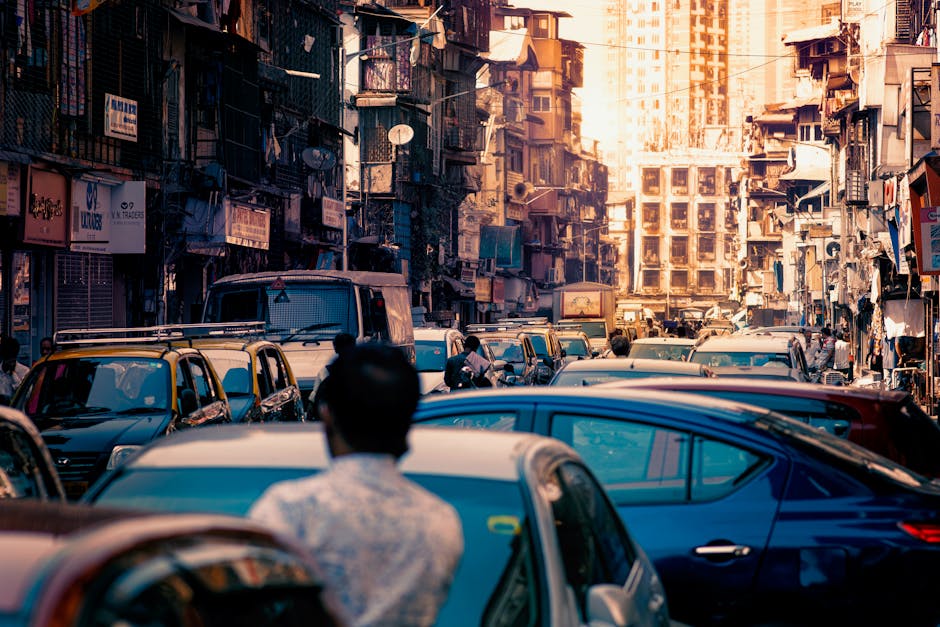Who is Paul Biya? The World’s Oldest President Secures Eighth Term
Cameroon’s President Paul Biya, the world’s oldest sitting leader at 92, has clinched his eighth term in office after a contentious 2023 election. His victory, extending his 41-year rule, sparks debates about democracy, stability, and succession in the Central African nation.
Paul Biya’s Decades-Long Reign: Stability or Stagnation?
First taking power in 1982, Biya ranks among Africa’s longest-serving leaders. Born in 1933 in Mvomeka’a, he rose through Cameroon’s civil service before succeeding founding President Ahmadou Ahidjo. Proponents credit him with maintaining stability in a turbulent region, while critics accuse him of authoritarianism, electoral fraud, and economic stagnation.
2023 Election: Victory Amidst Fraud Allegations
Biya’s latest win, with 78% of the vote, was dismissed by opposition leaders as rigged. Rival Maurice Kamto (12%) condemned voter suppression and irregularities, though international observers gave muted criticism. The government insists the election was fair.
Biya’s Legacy: Economic Gains vs. Human Rights Concerns
While Biya’s tenure has seen infrastructure projects and relative peace compared to neighbors like Chad, his rule faces scrutiny over:
– Anglophone Crisis: A separatist conflict since 2017 has killed thousands, displacing over a million.
– Corruption: Cameroon ranks poorly on Transparency International’s index.
– Health & Succession: Frequent medical trips and no clear successor raise concerns about instability.
What’s Next for Cameroon?
With Biya set to rule until at least 2028, Cameroon’s future remains uncertain. Opposition leaders vow to challenge his regime, while youth demand change amid unemployment. Will Biya’s extended rule bring reform or deepen stagnation?
At 92, Paul Biya continues to defy norms—making history as the planet’s oldest president and a symbol of enduring, if controversial, leadership.




